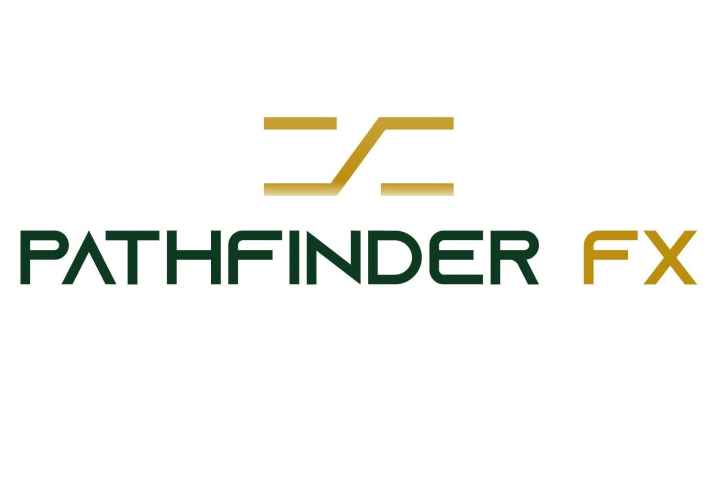

Pathfinder FX

Shropshire, United Kingdom
September 2024
Financial markets exchanges
Service with Minor Environmental Footprint
Andorra,
Antigua and Barbuda,
Aruba,
Australia,
Austria,
Bahamas The,
Bahrain,
Barbados,
Belgium,
Bermuda,
Bosnia and Herzegovina,
Botswana,
British Virgin Islands,
Bulgaria,
Canada,
Cayman Islands,
China,
Croatia (Hrvatska),
Cyprus,
Czech Republic,
Denmark,
Estonia,
Finland,
France,
Germany,
Ghana,
Greece,
Grenada,
Guernsey and Alderney,
Hong Kong S.A.R.,
Hungary,
Iceland,
India,
Indonesia,
Ireland,
Israel,
Italy,
Jamaica,
Japan,
Jersey,
Jordan,
Kenya,
Latvia,
Liechtenstein,
Lithuania,
Luxembourg,
Macedonia,
Malta,
Man (Isle of),
Mexico,
Moldova,
Monaco,
Morocco,
Namibia,
Netherlands Antilles,
Netherlands The,
New Zealand,
Norway,
Oman,
Philippines,
Poland,
Portugal,
Qatar,
Romania,
Rwanda,
Saudi Arabia,
Singapore,
South Africa,
Spain,
Sweden,
Switzerland,
Tanzania,
Thailand,
Trinidad and Tobago,
Turkey,
Turks And Caicos Islands,
Uganda,
Ukraine,
United Arab Emirates,
United Kingdom,
United States,
Vietnam,
Zambia
Currency Exchange & Commercial Finance Experts. Our aim is to become your trusted partner in all aspects of currency and commercial finance operations. Whether you are looking for a more cost effective exchange rate than your bank, or looking to refinance a loan, we will take the time to understand your specific requirements and priorities so we can find the right solution for you. Being independent provides us with access to a broad suite of products and services which we will help you navigate. We measure our success on being able to make a positive impact to our clients long term success. Each Director at Pathfinder FX has more than 20 years experience in financial markets providing a deep understanding of how to maintain good corporate governance whilst delivering exceptional customer service.
Overall B Impact Score
Governance 19.1
Governance evaluates a company's overall mission, engagement around its social/environmental impact, ethics, and transparency. This section also evaluates the ability of a company to protect their mission and formally consider stakeholders in decision making through their corporate structure (e.g. benefit corporation) or corporate governing documents.
What is this? A company with an Impact Business Model is intentionally designed to create a specific positive outcome for one of its stakeholders - such as workers, community, environment, or customers.
Workers 34.8
Workers evaluates a company’s contributions to its employees’ financial security, health & safety, wellness, career development, and engagement & satisfaction. In addition, this section recognizes business models designed to benefit workers, such as companies that are at least 40% owned by non-executive employees and those that have workforce development programs to support individuals with barriers to employment.
Community 16.6
Community evaluates a company’s engagement with and impact on the communities in which it operates, hires from, and sources from. Topics include diversity, equity & inclusion, economic impact, civic engagement, charitable giving, and supply chain management. In addition, this section recognizes business models that are designed to address specific community-oriented problems, such as poverty alleviation through fair trade sourcing or distribution via microenterprises, producer cooperative models, locally focused economic development, and formal charitable giving commitments.
Environment 7.2
Environment evaluates a company’s overall environmental management practices as well as its impact on the air, climate, water, land, and biodiversity. This includes the direct impact of a company’s operations and, when applicable its supply chain and distribution channels. This section also recognizes companies with environmentally innovative production processes and those that sell products or services that have a positive environmental impact. Some examples might include products and services that create renewable energy, reduce consumption or waste, conserve land or wildlife, provide less toxic alternatives to the market, or educate people about environmental problems.
Customers 3.5
Customers evaluates a company’s stewardship of its customers through the quality of its products and services, ethical marketing, data privacy and security, and feedback channels. In addition, this section recognizes products or services that are designed to address a particular social problem for or through its customers, such as health or educational products, arts & media products, serving underserved customers/clients, and services that improve the social impact of other businesses or organizations.